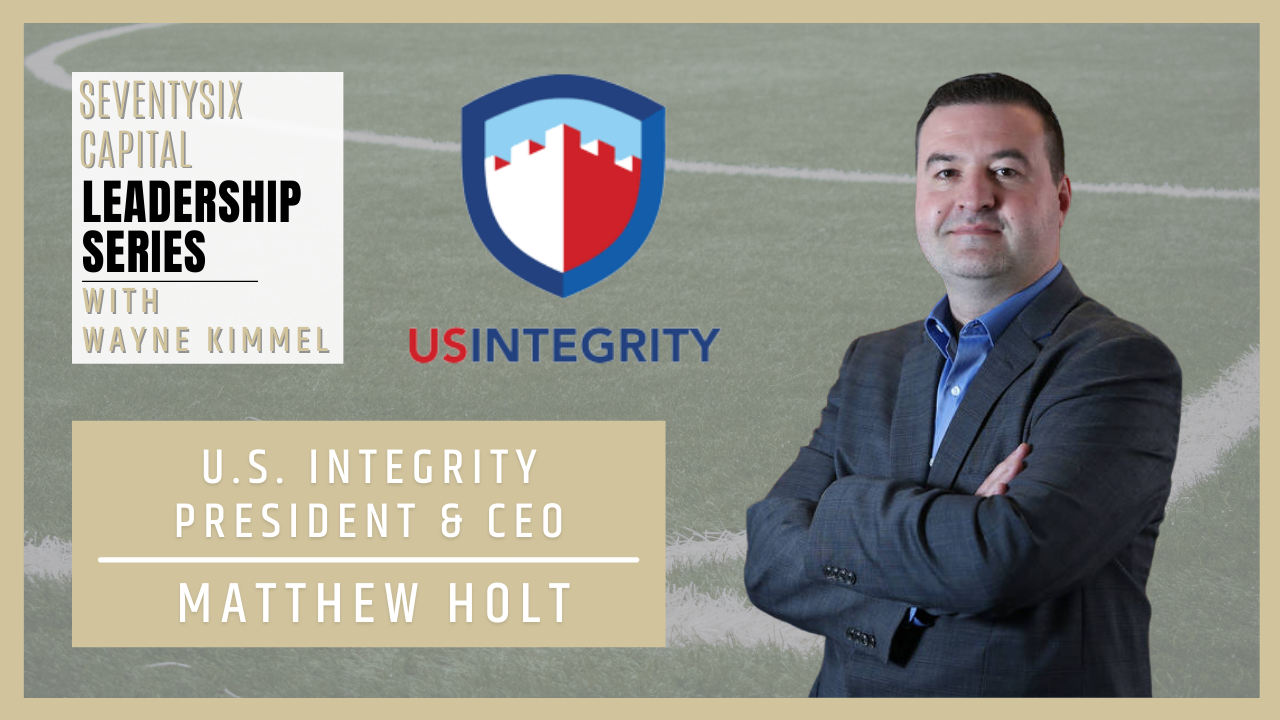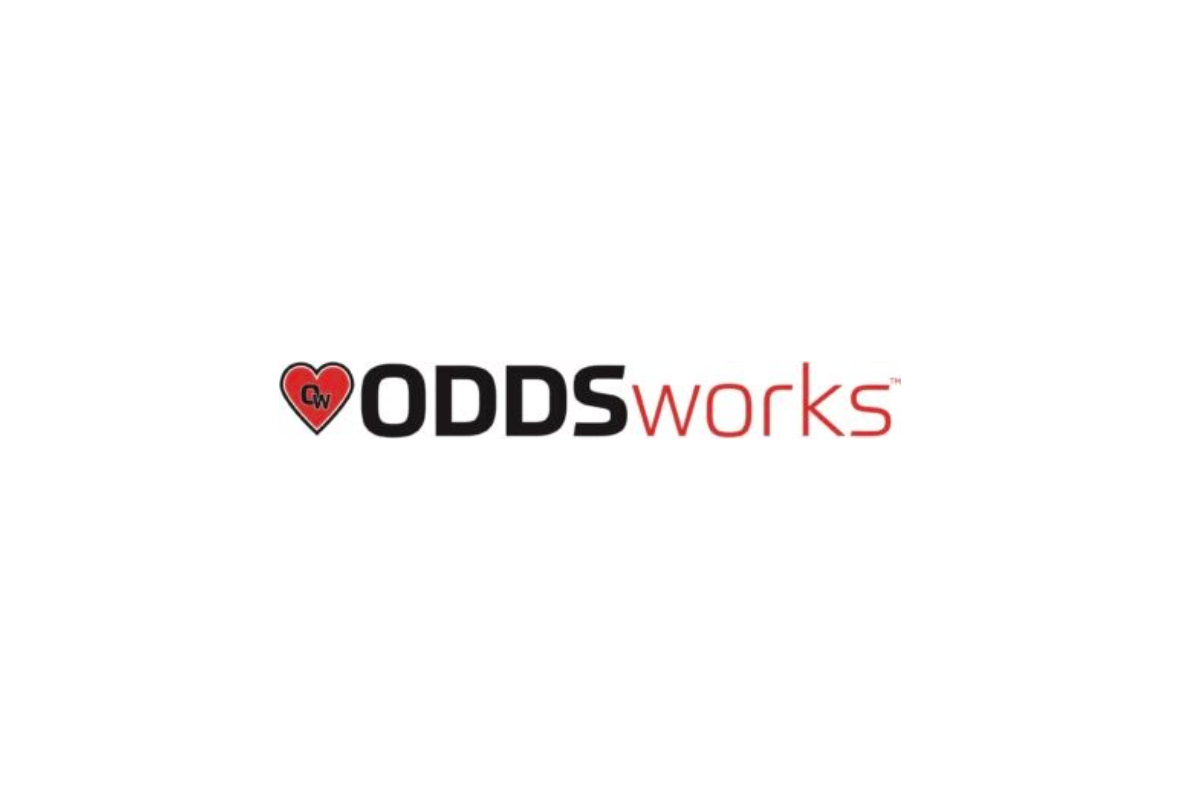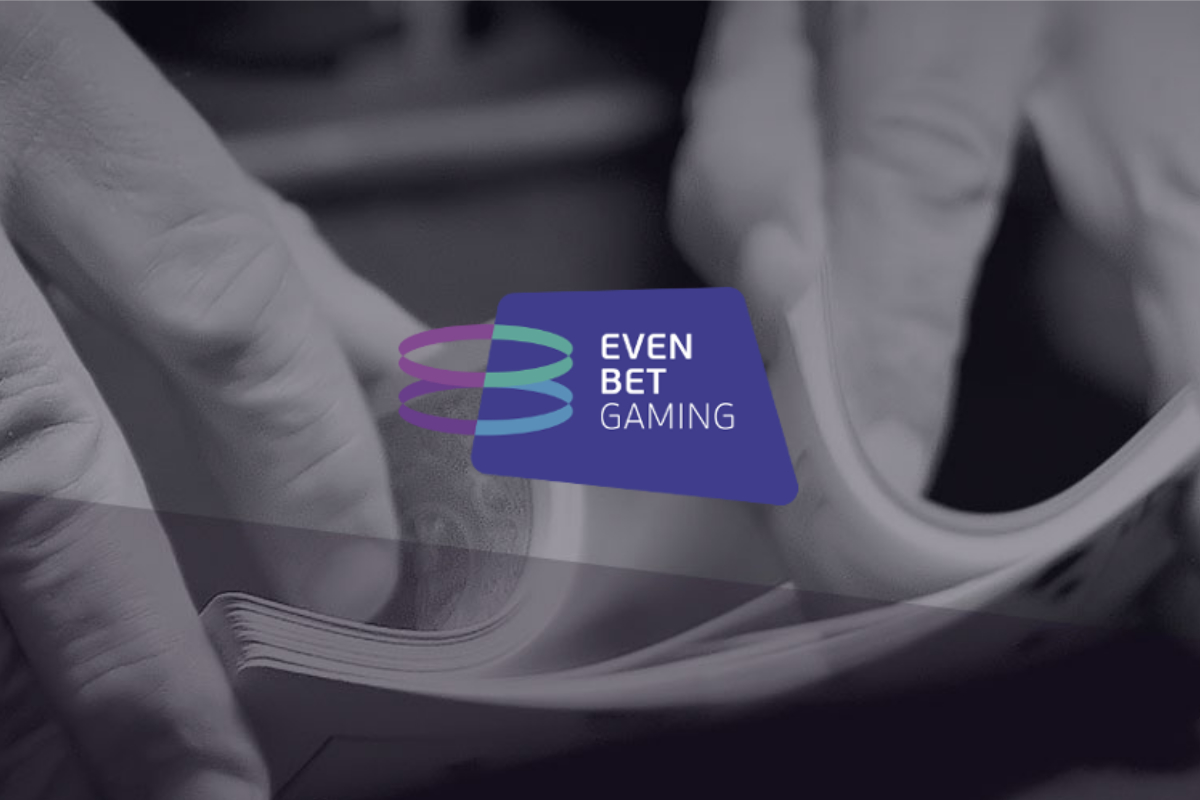
Matthew Holt Joins The Leadership Series!
On this week’s SeventySix Capital Leadership Series, Wayne Kimmel interviewed Matthew Holt, President and CEO of U.S. Integrity. Holt discussed the importance of integrity monitoring with 32 states having already legalized sports betting and more to follow.
Holt leads U.S. Integrity – a SeventySix Capital portfolio company – which provides industry-leading game integrity and fraud prevention services for some of the largest professional and collegiate sports leagues, such as the NBA, Pac-12 and the SEC, as well as for regulated sports book operators and regulators in the United States.
Prior to founding U.S. Integrity in 2018, Holt was the Vice President of Business Development at Cantor Gaming and also launched CG Analytics to provide in depth consulting and fraud prevention services to sports organizations.
Tune in to find out more!










